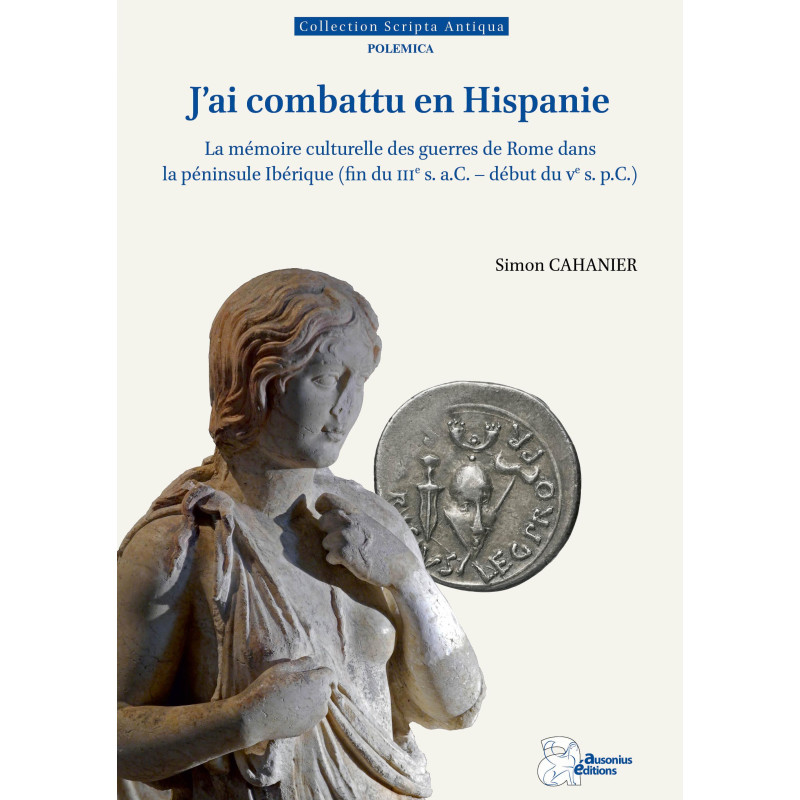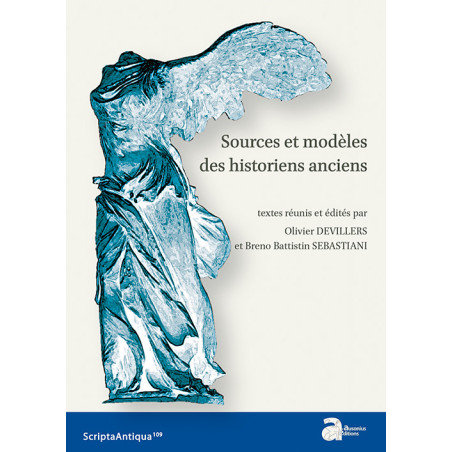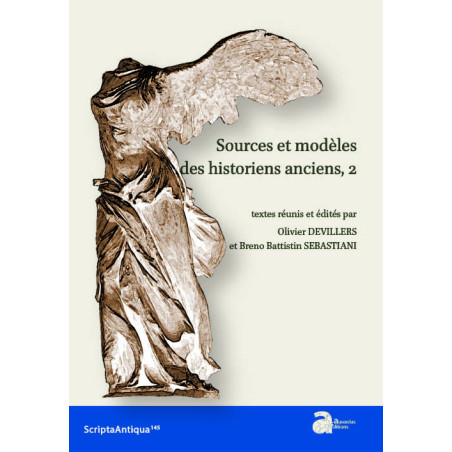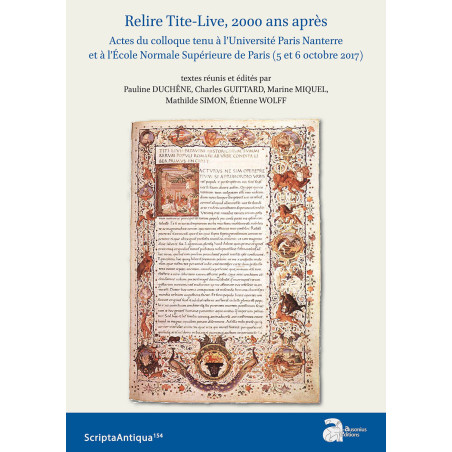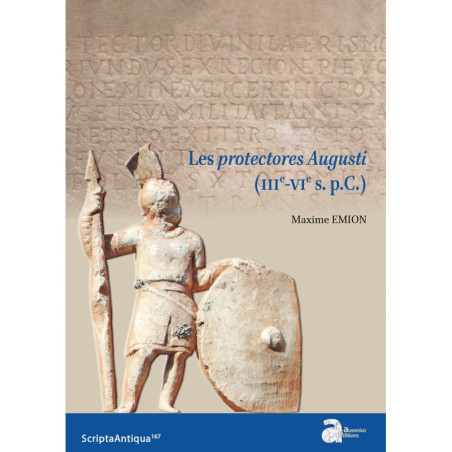Scripta Antiqua 180
̏J’ai combattu en Hispanie
How did the Romans remember the wars fought on the Iberian Peninsula? What historical figures and events did they consider worthy of being handed down to posterity, and why? Did their representations evolve over time? At what pace and in response to what issues?
The conquest of the territory the Romans called Hispania was a discontinuous and complex process. Far from the conventional image of the overwhelming superiority of the Republic's powerful legions, for two hundred years (218-16 BC), the Romans had to contend with the Carthaginians and then the indigenous peoples in wars, some of which were among the most painful in the history of the Vrbs. Little by little, as the stories told by those who witnessed the events, generals and soldiers, were retold and transformed by orators, historians and moralists, the image of bloody wars waged against an indomitable enemy began to take hold. At the same time, however, the idea that Rome was destined for universal domination never ceased to grow stronger, and the various episodes of the Hispanic wars were seen within a teleological framework, as so many stages leading to the inevitable final victory. The cultural memory of Rome's wars in the Iberian Peninsula has a history. This book explores it from three perspectives: social, historical and literary, through an analysis of the literary, epigraphic, iconographic and numismatic documentation that has survived.
Under the Republic, the dissemination of the memory of victories became a key issue in aristocratic competition, while its recounting in historical works reflected a desire to put the past in order. Under Augustus, the role played by the prince in completing the conquest played a central role in official discourse, helping to ensure that the Hispanic wars were seen as part of a single process. Under the Empire, memory was impoverished, but authors strove to reorganise it into new narrative forms to make it their own, as their outlook changed: while exemplary literature developed a memory of victories, historians took a more pessimistic view of the past.
- Propriété
- Polemica 3
Simon Cahanier is a lecturer in Latin language and literature at the University of Nantes. His thesis, from which this book is derived, got the SoPHAU 2021 award and the award SHS 2020 by the University Jean Moulin Lyon III.
Prix SoPHAU 2021
On the same subject
Scripta Antiqua 145
Sources et modèles des historiens anciens, 2
Publication date :27/05/2021
Scripta Antiqua 154
Relire Tite-Live, 2000 ans après. Actes du colloque tenu à l’Université Paris Nanterre et à l’École Normale Supérieure de Paris
Publication date :01/01/2022
